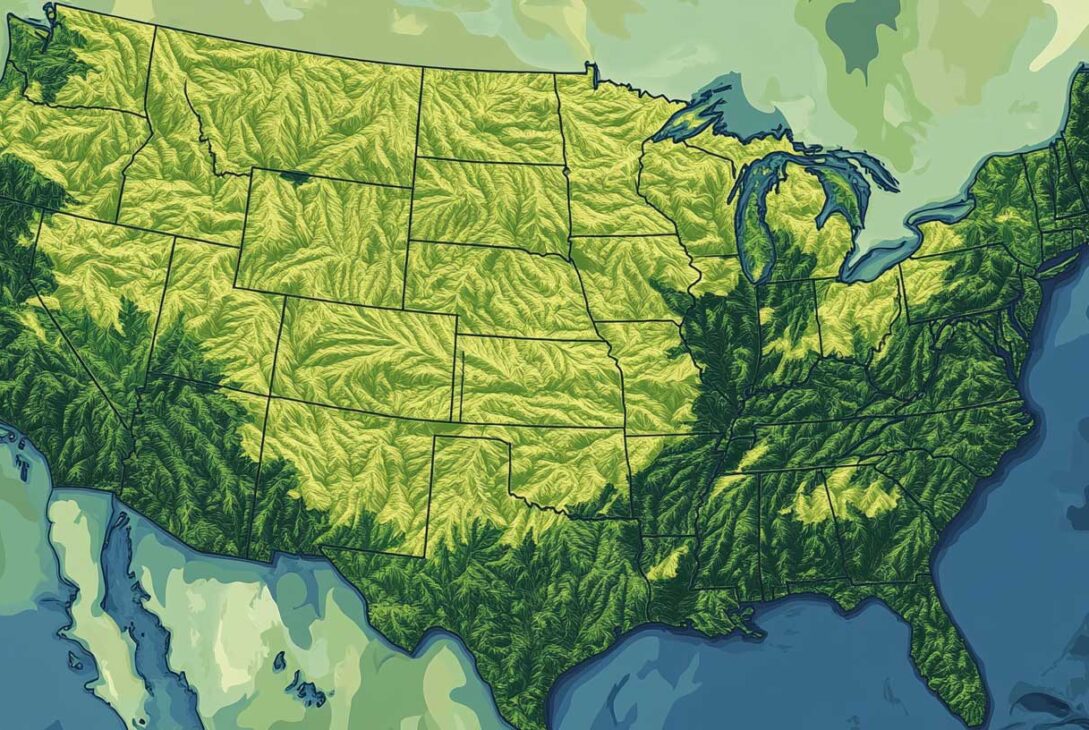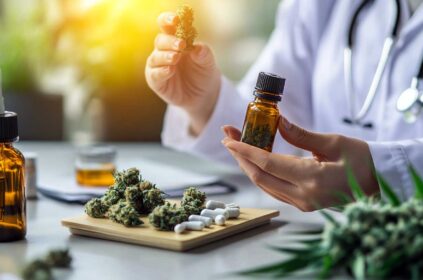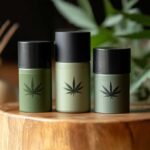Introduction
Delta 9 THC, a well-known psychoactive compound found in cannabis, has recently gained renewed attention thanks to changes in federal legislation and evolving state laws. The landscape of cannabis legality has morphed significantly since the passing of the 2018 Farm Bill, creating a patchwork of regulations that varies from one state to another. If you’re eager to understand how these laws affect the use and availability of Delta 9 THC, you’re in the right place. This guide will provide you with a comprehensive overview of the legal status of Delta 9 THC across the United States, as well as practical insights for staying compliant.
Federal Law and the 2018 Farm Bill
The 2018 Farm Bill marked a groundbreaking moment for hemp and its derivatives. This legislation legalized the cultivation of hemp and defined it as cannabis containing no more than 0.3% Delta 9 THC by dry weight. Here are the principal points to absorb regarding federal law:
- Hemp-Derived Delta 9 THC: Considered legal at the federal level as long as the THC concentration remains at or below 0.3%.
- State Authority: States retain the power to enforce their regulations, which may be stricter than federal guidelines.
This set the stage for distinct state laws that often diverge significantly from the federal perspective, making it crucial to grasp both layers of legalities.
State-by-State Legal Status of Delta 9 THC
As we probe deeper into the states, it’s clear that the acceptance of Delta 9 THC is not uniform. Below is a closer look at how various states handle Delta 9 THC’s legal status.
States Where Delta 9 THC is Legal for Recreational or Medical Use
In states such as California, Colorado, and New York, Delta 9 THC is embraced for either recreational or medical use. What does this mean for you?
- Alaska
- Arizona
- California (with some restrictions on hemp-derived variants)
- Colorado
- Connecticut
- Delaware
- District of Columbia
- Illinois
- Maine
- Massachusetts
- Michigan
- Montana
- Nevada
- New Jersey
- New Mexico
- New York
- Oregon
- Rhode Island
- Vermont
- Virginia
- Washington
In these states, you may freely purchase and use Delta 9 THC, but always be sure to familiarize yourself with specific regulations.
States Where Delta 9 THC is Legal for Medical Use Only
Some states have opted for a more cautious approach, limiting Delta 9 THC to medicinal use. Residents typically must procure a medical marijuana card from licensed practitioners.
- Alabama
- Arkansas
- Florida (strict regulations, must be purchased through dispensaries)
- Hawaii
- Louisiana
- Maryland
- Minnesota
- Missouri
- New Hampshire
- North Dakota
- Ohio
- Oklahoma
- Pennsylvania
- South Dakota
- Utah
- West Virginia
Navigating these regulations often requires patience and understanding of local guidelines.
States Where Delta 9 THC is Restricted or Banned
A few states retain strict limitations or outright bans on Delta 9 THC, particularly those derived from hemp. Here’s what to keep in mind:
- Idaho: Prohibits all hemp-derived Delta 9 THC products.
- Indiana: Limits products to those containing no more than 0.3% THC.
- Iowa, Kansas, Kentucky, Nebraska, South Carolina, Tennessee, Texas, Wisconsin, and Wyoming: These states also restrict products to very low THC levels or only allow CBD-based formulations.
For those living in or traveling through these states, the unfavorable regulations often call for caution and thorough understanding.
Specific State Regulations and Enforcement
California
While California boasts a legalized environment for Delta 9 THC, regulations on hemp-derived products are complex. It’s essential to be mindful of dosage limits and specific product types that are considered compliant.
Florida
Hemp-derived Delta 9 THC is within legal boundaries if it complies with the federal limit of 0.3% THC. However, marijuana-derived Delta 9 THC remains strictly medicinal and can only be purchased through state-approved dispensaries.
Massachusetts and Washington
Both states have laws that permit cannabinoids in cannabis products but maintain restrictions against their inclusion in non-cannabis goods. Enforcement may vary, leading to some ambiguity.
Vermont
In Vermont, regulations dictate that manufacturers of products containing Delta 9 THC must possess licensing. These products can only be sold in licensed dispensaries if they contain over 1mg of THC.
Legal Risks and Penalties
Understanding the potential penalties for violating laws about Delta 9 THC is crucial in making informed decisions.
Federal Penalties
Possessing Delta 9 THC products over 0.3% can lead to serious federal consequences, including imprisonment for one to ten years, plus hefty fines that can reach $2,500.
State Penalties
The consequences vary by state, with some enforcing significant fines and potential jail time for non-compliance. It’s prudent to be aware of local laws to avoid landing in legal troubles.
Conclusion
The examination of Delta 9 THC’s legal status reveals a landscape that is intricate and dynamic. States have adopted varying approaches to regulation, resulting in an array of opportunities and challenges for users. Staying informed and compliant with state laws is paramount.
Key Takeaways:
- Check Local Laws: Before purchasing or consuming Delta 9 THC, always verify the current regulations in your state.
- Federal Limit: For federal compliance, ensure that hemp-derived Delta 9 THC does not exceed 0.3%.
- Varying State Regulations: States differ significantly in their regulation of Delta 9 THC, so tailor your knowledge accordingly.
- Awareness of Risks: Understanding the legal ramifications can help you avoid significant penalties.
Navigating the complex and ever-evolving world of Delta 9 THC doesn’t have to be daunting. With the right information, you’re better equipped to make informed choices while ensuring adherence to legal standards. As you explore the world of Delta 9 THC, let this guide serve as a reliable reference, providing clarity in a tangled legal web.





















